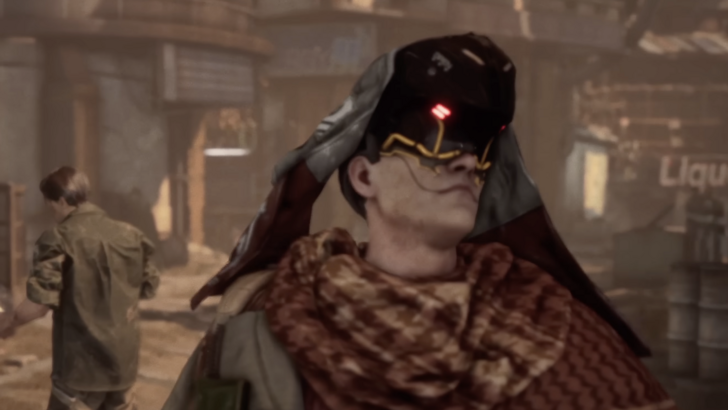A Louisiana-based film production company, "Stellarblade," has filed a trademark infringement lawsuit against Sony and Shift Up, the developer of the PS5 game Stellar Blade. The suit, filed earlier this month in a Louisiana court, alleges that the game's title infringes on Stellarblade's existing trademark.

Conflicting Trademark Claims
The core of the dispute centers around the similarity of the names "Stellarblade" and "Stellar Blade." Stellarblade, owned by Griffith Chambers Mehaffey, specializes in commercials, documentaries, music videos, and independent films. Mehaffey claims that Sony and Shift Up's use of the similar name has harmed his business by hindering online visibility. He argues that potential clients searching for "Stellarblade" are instead directed to the game's search results, obscuring his company's online presence.

Mehaffey seeks monetary damages, attorney fees, and an injunction to prevent further use of the "Stellar Blade" trademark. He also demands the destruction of all Stellar Blade materials held by Sony and Shift Up. He registered the "Stellarblade" trademark in June 2023, following a cease-and-desist letter to Shift Up the previous month. Mehaffey's lawyer contends that Sony and Shift Up were aware of his established rights before adopting the similar name for their game. The lawyer further emphasizes Mehaffey's prior use of the stellarblade.com domain since 2006 and the "STELLARBLADE" name for his business since 2011.

Timeline and Trademark Rights
The timeline is crucial. Stellar Blade, initially known as "Project Eve," was announced in 2019 and renamed in 2022. Shift Up reportedly registered the "Stellar Blade" trademark in January 2023. Mehaffey's registration followed in June 2023. However, the lawsuit highlights that trademark rights can have retroactive application, extending protection beyond the official registration date. Mehaffey's lawyer argues that the significant overlap in names and the similar stylized 'S' in both logos contribute to the confusion.

The legal battle highlights the complexities of trademark law and the potential conflicts that can arise between established businesses and larger entities. The outcome will likely depend on the court's assessment of the trademark similarity, the extent of potential customer confusion, and the retroactive application of Mehaffey's trademark rights.

 Latest Downloads
Latest Downloads
 Downlaod
Downlaod




 Top News
Top News









